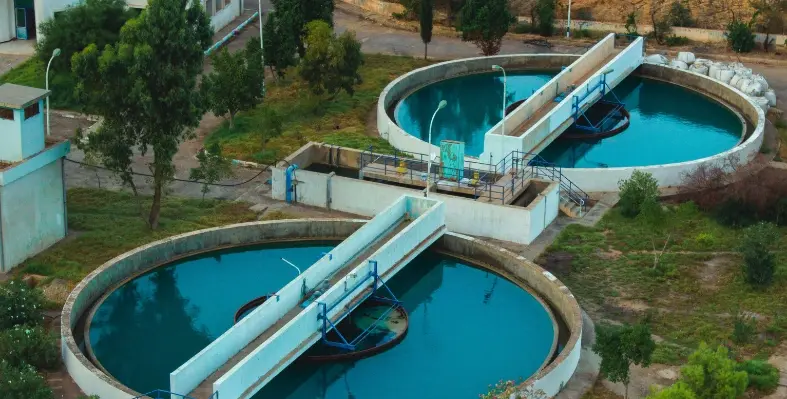Gregg Herrin, Bentley Systems vice president for water, pens a piece on how digital twins can ensure sustainable practices and help conserve water. This is the first in a three-part series of his op-ed, which has been slightly edited for brevity. Read on.
When thinking about climate change, it is both accurate and enlightening to view the global environmental challenge as, primarily, a water crisis.
Climate change impacts water in several ways: regional droughts, dried-up lakes and riverbeds, torrential rain storms and floods, diminished water quality due to chemical or wastewater runoff, and overall concerns about water security.
These broad and multifaceted water problems are detrimental both to human health and our ecosystem.
As climate change continues to impact our natural resources and weather patterns, the need for sustainable and energy-efficient solutions for water management has never been direr.
Data-driven sustainability
Infrastructure digital twins offer some novel pathways for responding to the current global challenges related to water management.
Technologies such as smart meters, real-time data and predictive analytics, Internet of Things (IoT), AI, and digital twins can assist in water management projects through better monitoring and prediction, as well as improved decision-making capabilities, resulting in less water waste and protection against contamination of water supplies.
While other infrastructure areas, such as transportation and energy, have begun utilising digital twins more broadly, adoption has been somewhat slower in water management.
This slower adoption is often due to the complexity of water systems, the need for extensive data integration, and the traditionally conservative nature of the water management sector when it comes to adopting new technologies.
However, there are several key factors that are encouraging a more open stance toward the adoption of new technologies, including digital twins.
These include increasing regulatory and environmental pressures, ageing infrastructure with the need for modernisation, advancements in data collection and analytics, and increased focus on resilience and sustainability.
Proven success from early adopters of digital twin solutions is also helping drive confidence in the technology’s potential.







